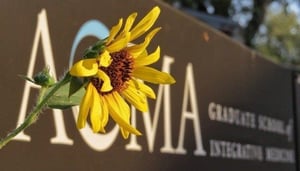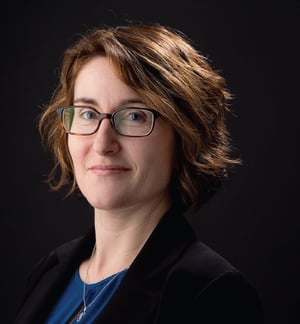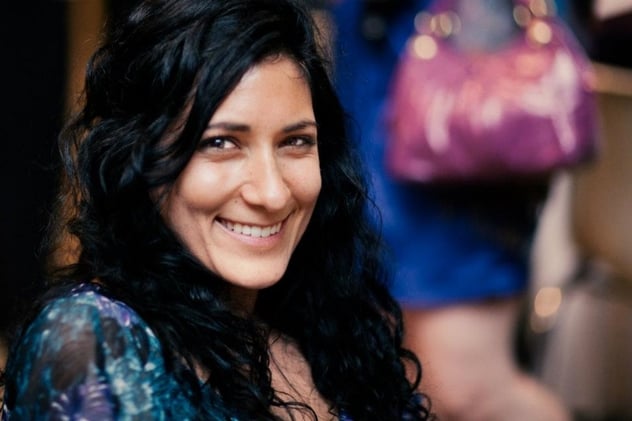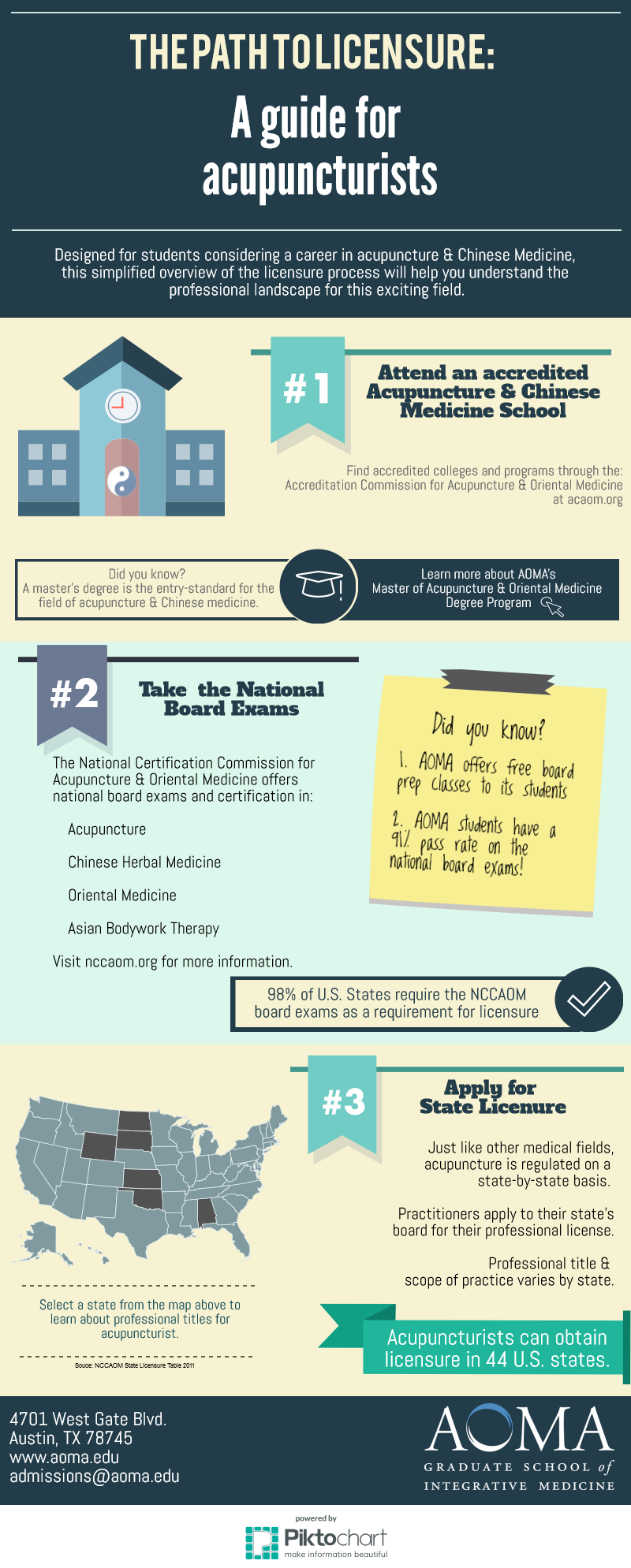At AOMA, we continue to be committed to the health and wellbeing of our patients and staff during this unprecedented time. We want to thank you for bearing with us during the COVID-19 crisis as we were required to close our clinics to in-person services.
Effective Wednesday July 15, 2020, we will reopen our North professional clinic to in-person appointments. On Monday July 27th, our North and South Student Intern Clinics will reopen to in-person appointments. Telehealth herbal consults are still being offered for patients who do not need or want acupuncture.
 We want you to know that we are taking every precaution to ensure the safety of our patients and staff, so you can feel safe, secure, and confident receiving acupuncture care in our office.
We want you to know that we are taking every precaution to ensure the safety of our patients and staff, so you can feel safe, secure, and confident receiving acupuncture care in our office.
PLEASE PAY CLOSE ATTENTION TO YOUR APPOINTMENT REMINDERS FOR FURTHER INSTRUCTIONS!
The AOMA Acupuncture Clinics have established the following processes and protocols in response to COVID-19:
Infection Prevention - We will be sanitizing acupuncture tables, treatment room surfaces, and all equipment after every patient, according to the recommendations of the Centers for Disease Control and Prevention (CDC). In-office infection control measures are readily available, such as alcohol-based hand sanitizers, tissues, hand soap, and waste receptacles. We have taken extra steps by removing shared items like magazines, pens, business cards, etc.
Social Distancing - All clinic staff, patients, and visitors will adhere to social distancing guidelines. To limit the overall traffic in the clinic, we are asking patients to not bring any visitors, unless absolutely necessary.
Because of social distancing requirements and the extra time it takes to clean between patients, it is particularly important that you are on time to your appointment. If you are going to be more that 5 minutes late, please call to reschedule.
Personal Protective Equipment (PPE) – Our acupuncturists and staff will be wearing masks the entirety of the time that they are in AOMA’s buildings. Acupuncturists may also wear gloves, face shields, goggles, isolation gowns, and/or other PPE items at their discretion.
Masks - If you have a mask, we ask that you please wear it as well, for the entirety of the time that you are in AOMA’s buildings.
Mandatory Screenings - We are screening all patients and visitors for symptoms of cough, shortness of breath, fever, and other symptoms TWICE. You will receive one screening during your reminder call 24 hours before your appointment, and a second, shorter screening before you enter the clinics. Individuals with a fever of 99.5F or higher and/or who do not pass the screening will not be permitted to enter the clinic. You may be asked to reschedule your appointment.
No Waiting Rooms - When you get to the office, we ask that you please wait in your car. Call the clinic to let us know you have arrived and to pay for your appointment. Our water dispenser will not be available, so please bring water with you if you might need it.
Contactless Payment - Payment will be taken over the phone whenever possible to limit face-to-face time and pass-between contact with clinic staff. Please remain in your car until your acupuncturist comes out to check your temperature.
Temperature Check – Please continue to wait in your car until your acupuncturist comes out to take your temperature. If at all possible, please leave your AC running to keep your body temperature regulated. Individuals with a fever of 99.5F or higher and/or who do not pass the screening will not be permitted to enter the clinic. You may be asked to reschedule your appointment.
Restroom – Upon entering the clinic, please do not touch anything and follow your acupuncturist directly to the treatment room. If you need to use the restroom, please let your acupuncturist know and they will escort you. We are asking each patient to please use a sanitizing wipe (provided) to clean restroom surfaces after use.
After your treatment, your acupuncturist will walk you to the door, but if you need to use the restroom just let your acupuncturist know and they will escort you.
Rescheduling - Please call the clinic or email AOMA-ClinicStaff@aoma.edu to reschedule your appointment. We love talking to our patients, but right now this limits face-to face time and allows for ample time to clean between treatments.
Herbal Prescriptions – Both AOMA Herbal Medicine (AHM) locations are open for purchases and to fill and refill herbal prescriptions; however, the stores are closed to in-person customers. Payments can be made over the phone and purchases can be delivered via contactless curbside delivery or USPS shipping. Call 512-323-6720 for the AHM-North and 512-693-4372 for AHM-South.
AOMA continues to closely follow the recommendations of the CDC, Texas Department of State Health Services (DSHS), and the World Health Organization with regard to COVID-19.
Your health and safety are of the utmost importance and we are glad to be able to care for you during this trying time. We have missed all of our patients and look forward to seeing you soon!

 turned out, half of the program was devoted to learning Shiatsu (acupressure) which uses the same meridian system as acupuncture. I had already been studying Eastern philosophy and fell completely in love with this profound approach to health. It was also at this time that I injured my back during a performance and on the advice of a friend, found myself in Chinatown getting acupuncture. Needless to say, my back pain resolved, and I had discovered what would become a lifelong passion.
turned out, half of the program was devoted to learning Shiatsu (acupressure) which uses the same meridian system as acupuncture. I had already been studying Eastern philosophy and fell completely in love with this profound approach to health. It was also at this time that I injured my back during a performance and on the advice of a friend, found myself in Chinatown getting acupuncture. Needless to say, my back pain resolved, and I had discovered what would become a lifelong passion.


